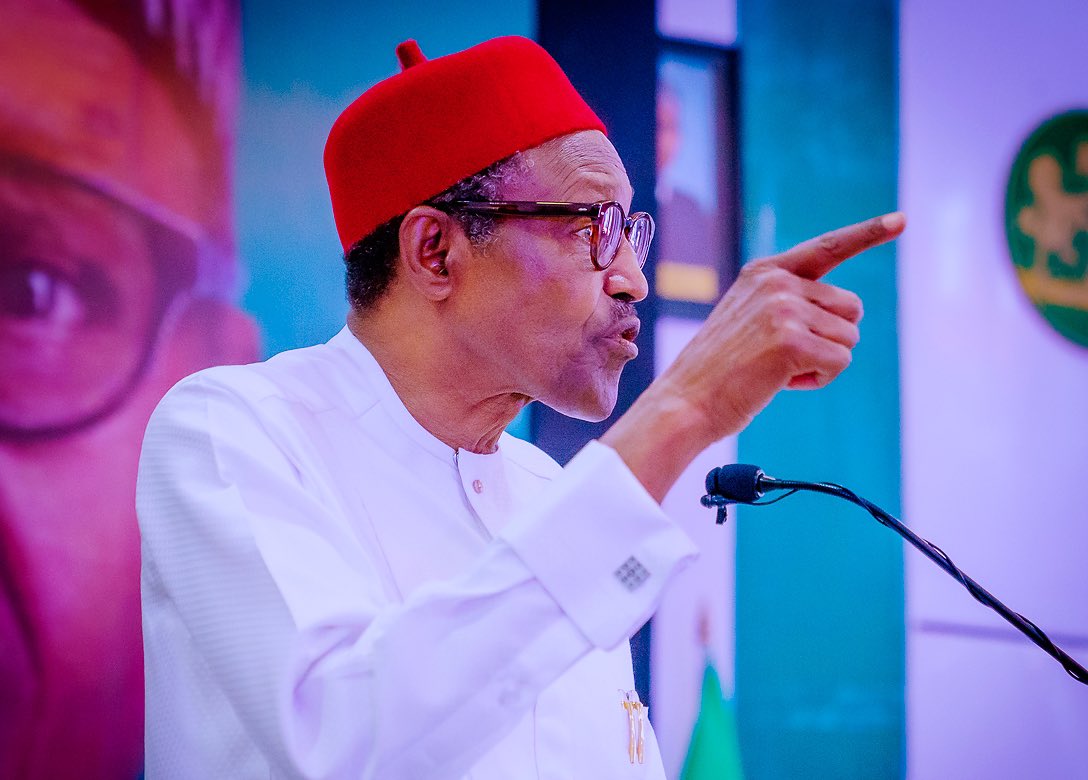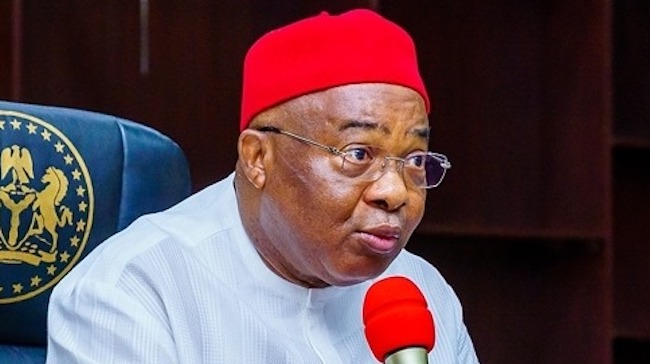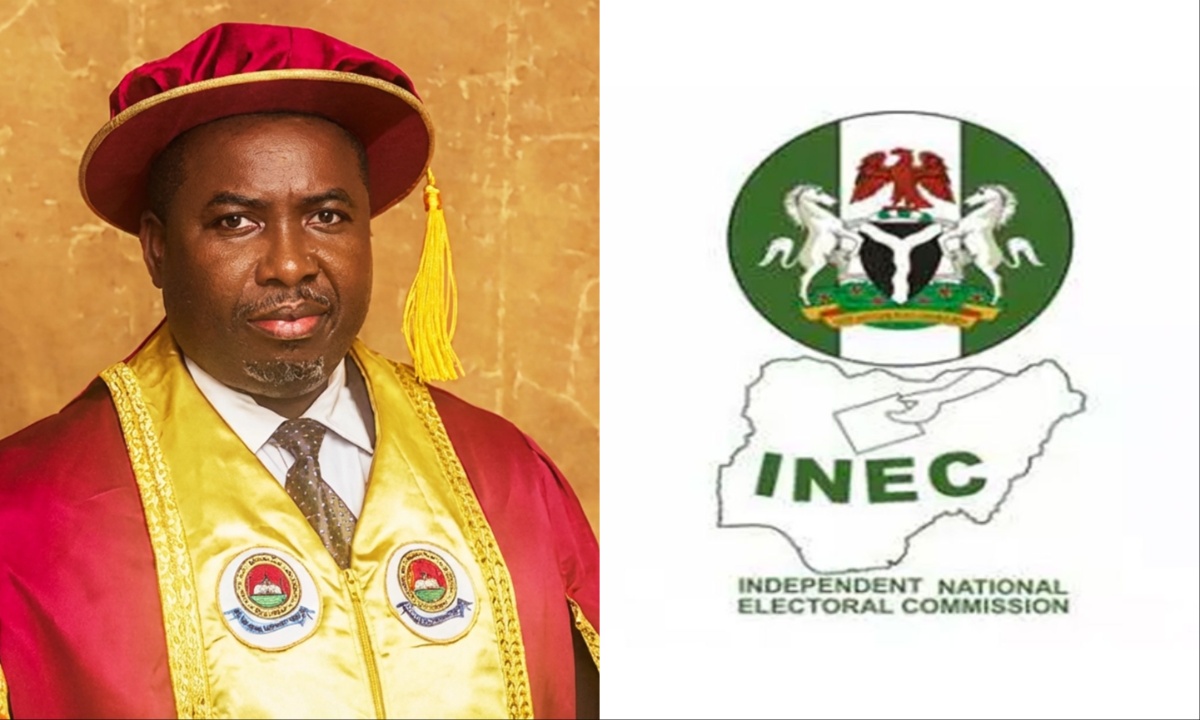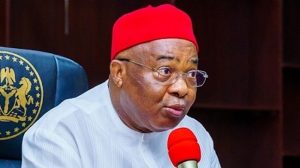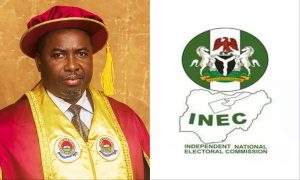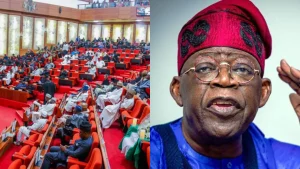2023 Appropriation Bill: Budget padding may take toll on economy – Expert fears
The 2023 Budget Proposals of the Federal Government of Nigeria, presented last week to the Joint Session of the National Assembly, included a total spending of 20.51 trillion Naira.
President Buhari bemoaned during the budget presentation that he has learned that Government-Owned Enterprises must communicate directly with the appropriate NASS committees in order to get their budget approved and handed to them directly.
He pleaded with the National Assembly’s leadership to make sure that the budget he proposed—along with the GOEs’—was handed back to the Presidency after it was approved.
The President also issued a warning that the existing practise, in which some National Assembly committees pretend to vote budgets for GOEs that conflict with the budgets he approved, must end.
His warning appears to be related to the Independent Corrupt Practices and Other Related Offences Commission’s (ICPC) recent admission that it had discovered violations of the 2021 and 2022 Appropriations Acts totaling N400 billion.
Despite the monumental revelations revealed by the anti-financial crime commission, MDAs and public officials engaged in the inflation of the national budgets for 2021 and 2022 have not been prosecuted.
If the problem of budget padding is not addressed, there is growing concern that the 2023 budget may follow the same path, with much more disastrous consequences given the fragile status of the national economy.
Dr. Wilson Orji, a financial specialist, has spoken about the crippling impact of budget padding on the Nigerian economy, emphasising that such dishonest practises shouldn’t be ignored.
The prosecution, according to Dr. Orji, a political economy professor at the Enugu State University of Science and Technology, would operate as a deterrent and stop deliberate acts of corruption in the country’s budgeting process.
“I urge for more preemptive actions by anti-corruption agencies to address infractions by MDAs and salvage the nation’s economy, which is currently on a precipice according to a recent state of the economy report by the Ministry of Finance”.
“Although the ICPC boss disclosed that the names of MDAs involved in these acts of corruption would be released to the Committee, it is imperative that these names be published for public scrutiny. Public officers who are found to be culpable should immediately be prosecuted to serve as deterrence”, Orji advised.
Additionally, he urged the key players to develop the systems that support accountability and transparency in the public sector.
